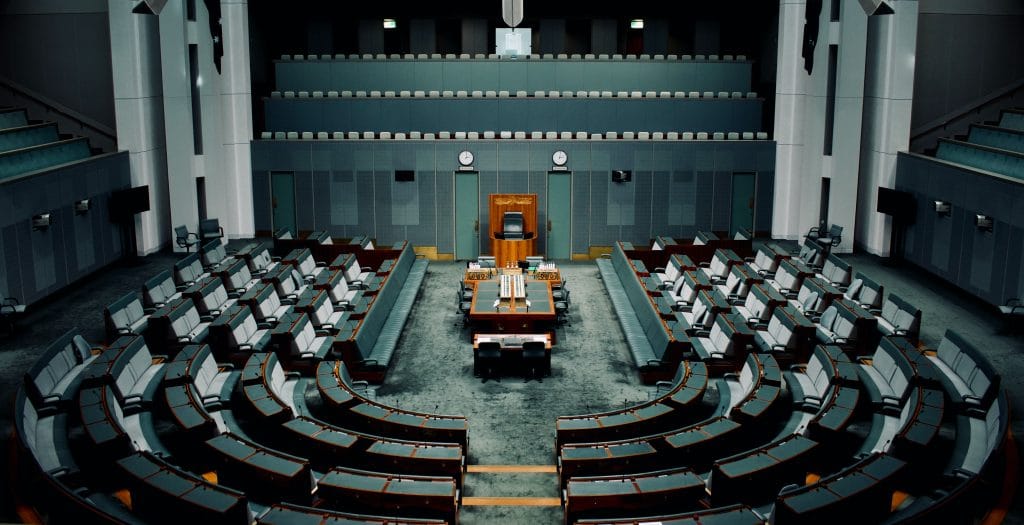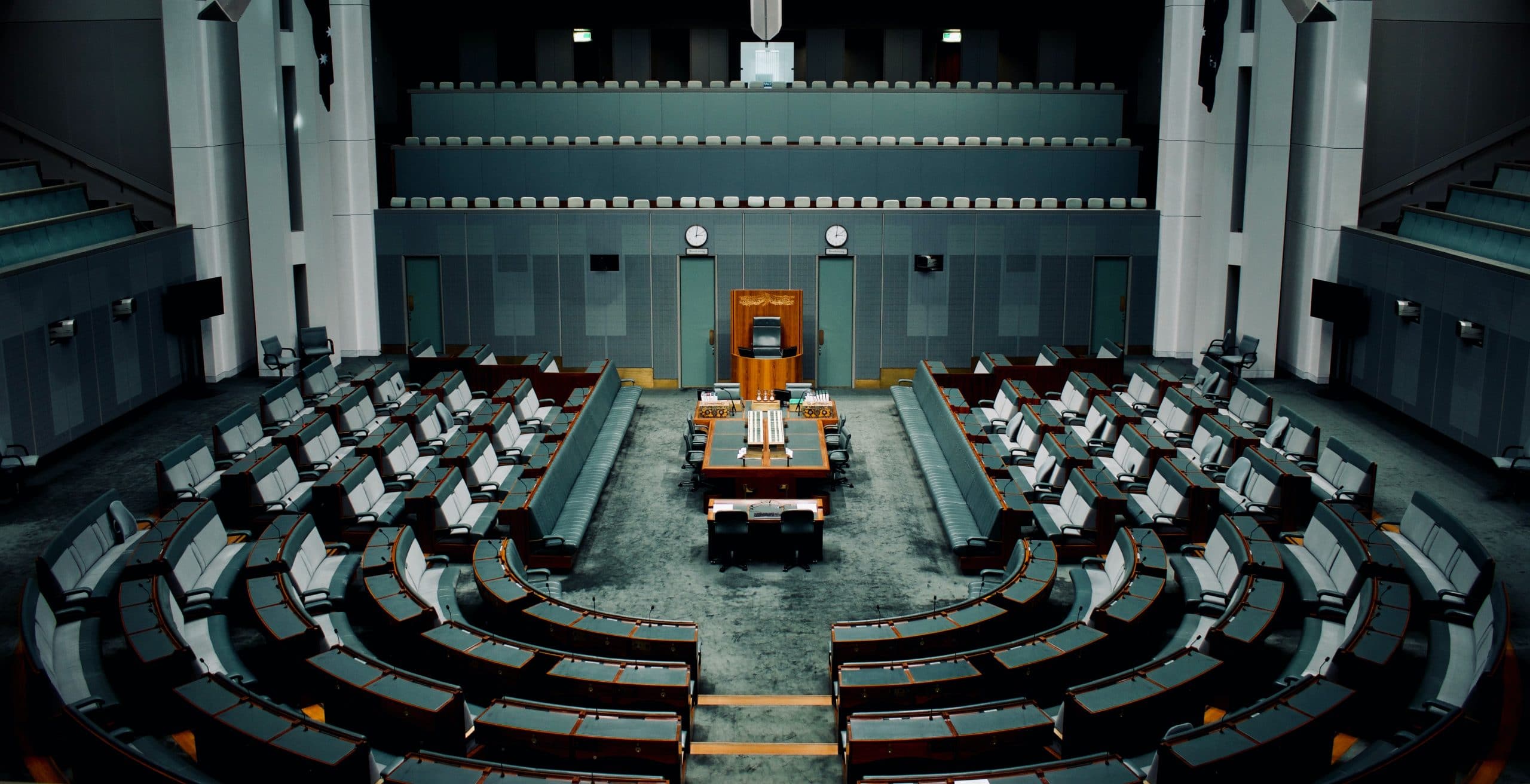Concepts of Democracy
The term democracy describes forms of government in which all state power derives from the people. A distinction is made between direct democracy (direct government by the people, for example by means of referenda), representative democracy (in which those who govern are legitimised by the people, normally by means of elections), and semi-direct democracy (in which the representatives of the people exercise state authority but the people can participate directly in certain decisions). There are many different forms of democratic government worldwide. A state’s political history and ethnic composition, as well as the structures that have emerged over time, must play a central role in the assessment and judgement of different democracies. It is often overlooked that regular elections alone cannot guarantee the conditions of democracy and many other requirements must also be met. These include the ability to freely form parties, to be informed of state action and to comment on and criticise this action. In illiberal democracies, these requirements are not met and a single person, party or group claims the right to govern “for the people” while rejecting government “by the people”.
The following paper will present different conceptions of democracy. First, it will address the significance of elections for the democratic system. It will then explain the difference between majority and concordance democracy and give an overview of representative, direct and participative democracy. Finally, it will discuss the role that institutions such as parliament, government and courts play in the different conceptions of democracy.

Power Sharing for a United Syria is a project run by the European Centre for Kurdish Studies. In Power Sharing for a United Syria, we work on three main pillars Capacity building and dialogue workshops, Policy advice, and Transparency.
In Power Sharing for a United Syria, we regularly organize workshops on constitutional law and the writing of a constitution with members of the Syrian opposition and Syrian civil society. On one hand, Our Advisory Board supports in particular members of the Small Group of the Constitutional Committee to anchor minority rights as an important part of human rights in the constitution. We want to build bridges between the different members of the opposition and representatives of civil society. Moreover, we want to support them in developing mutual positions regarding power-sharing, minority rights and women’s rights. On the other hand, in order to increase the transparency of the Syrian Constitutional Committee (SCC) and its work, we publish, among other things, video clips covering various topics related to the constitutional process.
This topic is discussed more in detail in our full article. Unfortunately, it is available only in German or Arabic.






